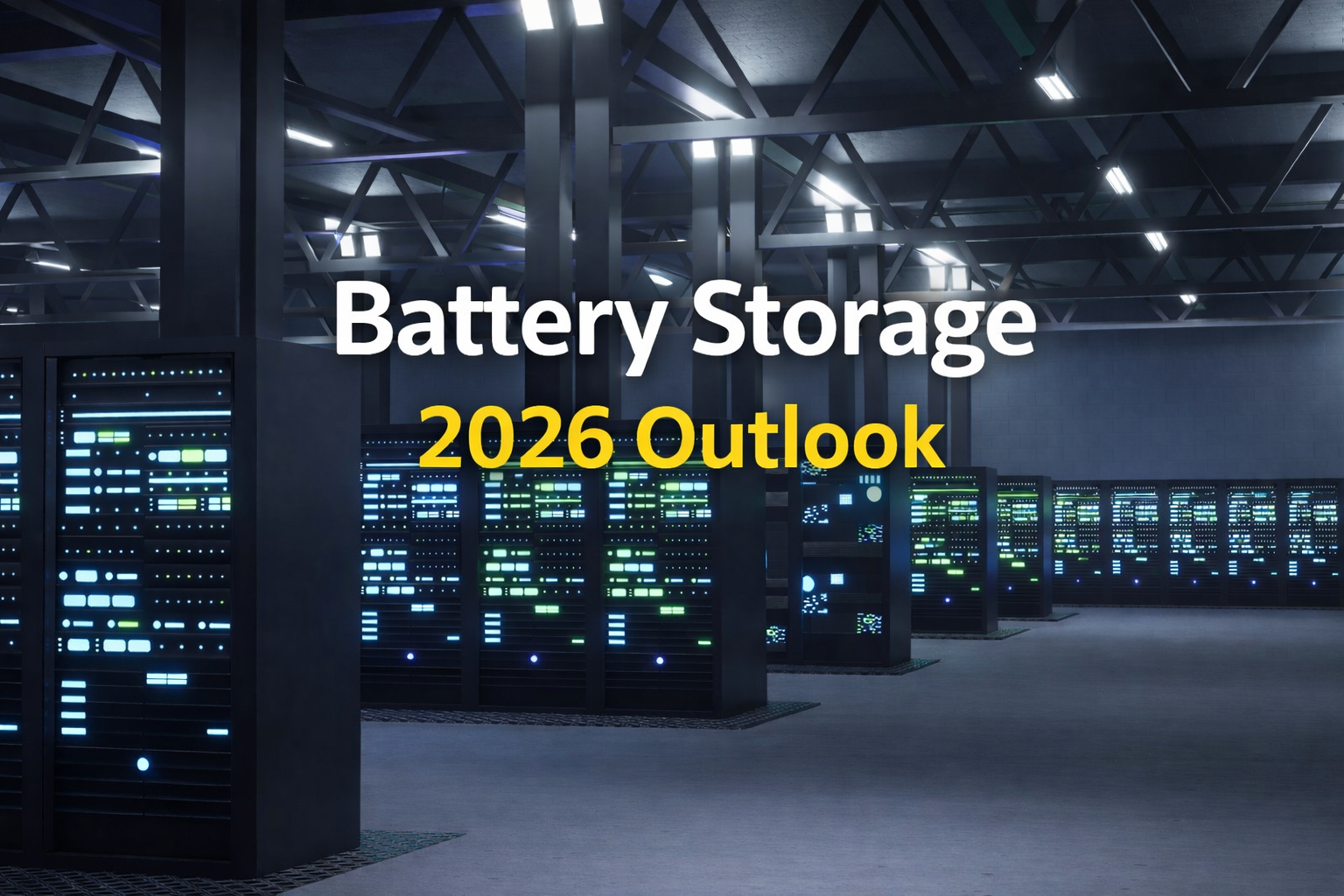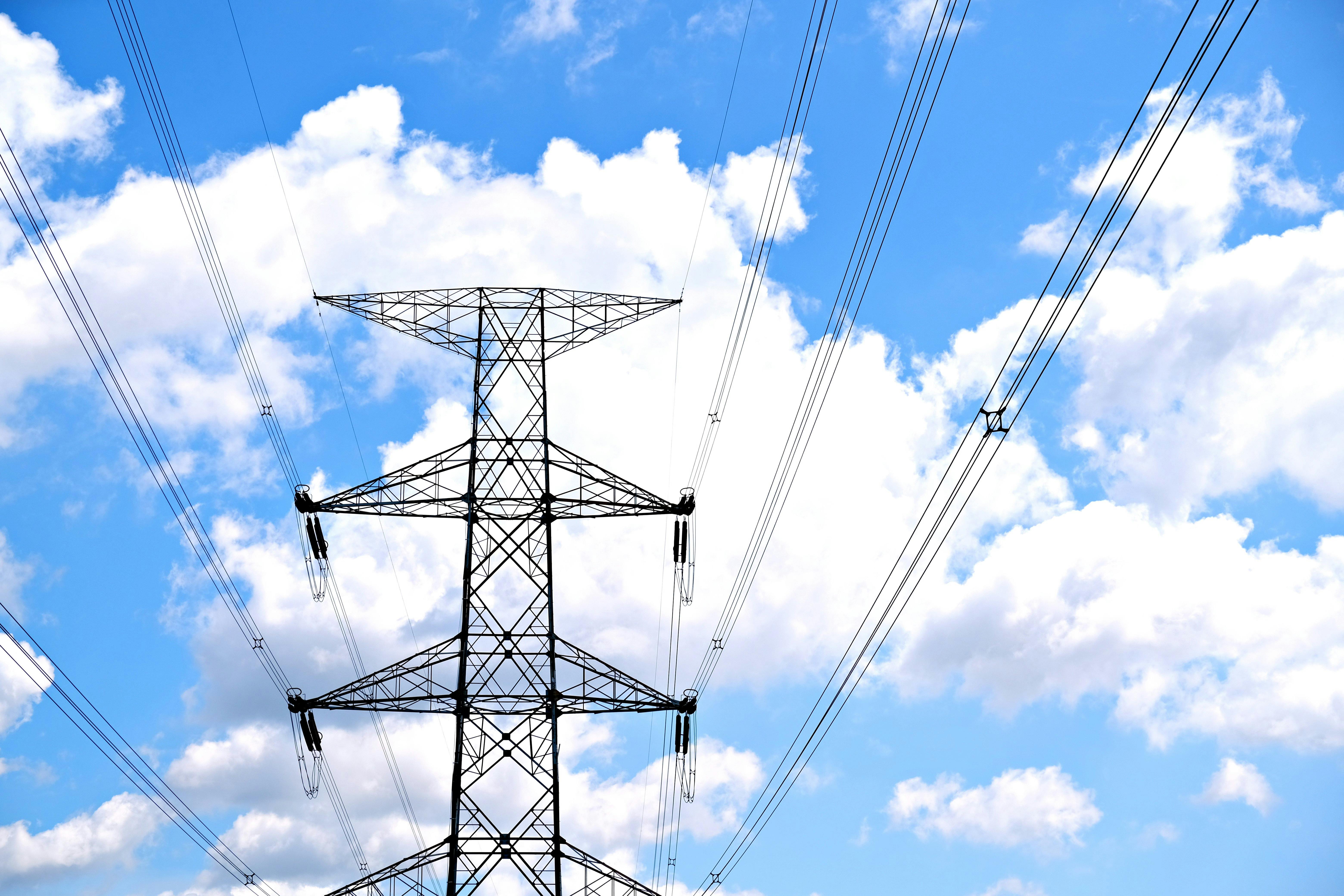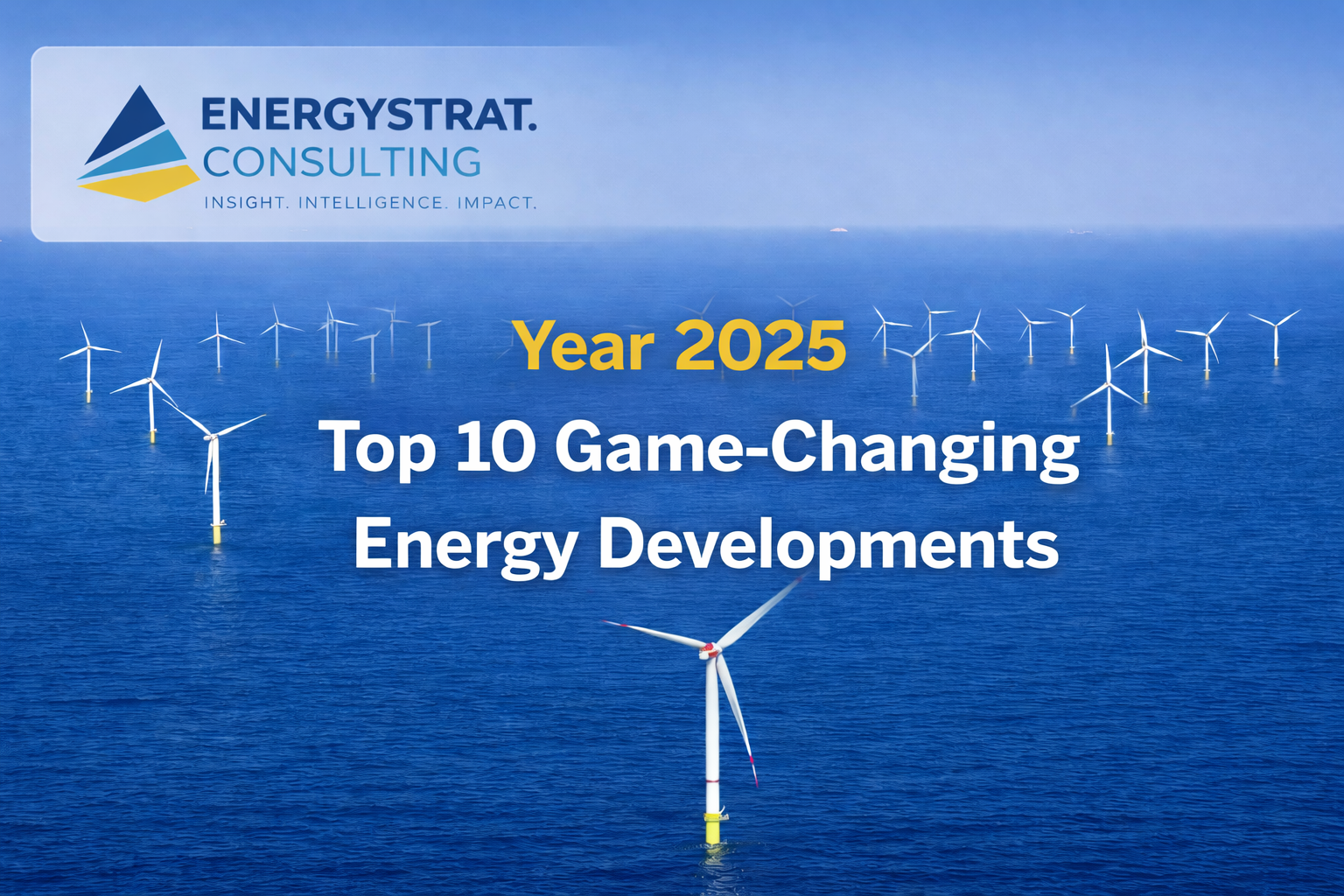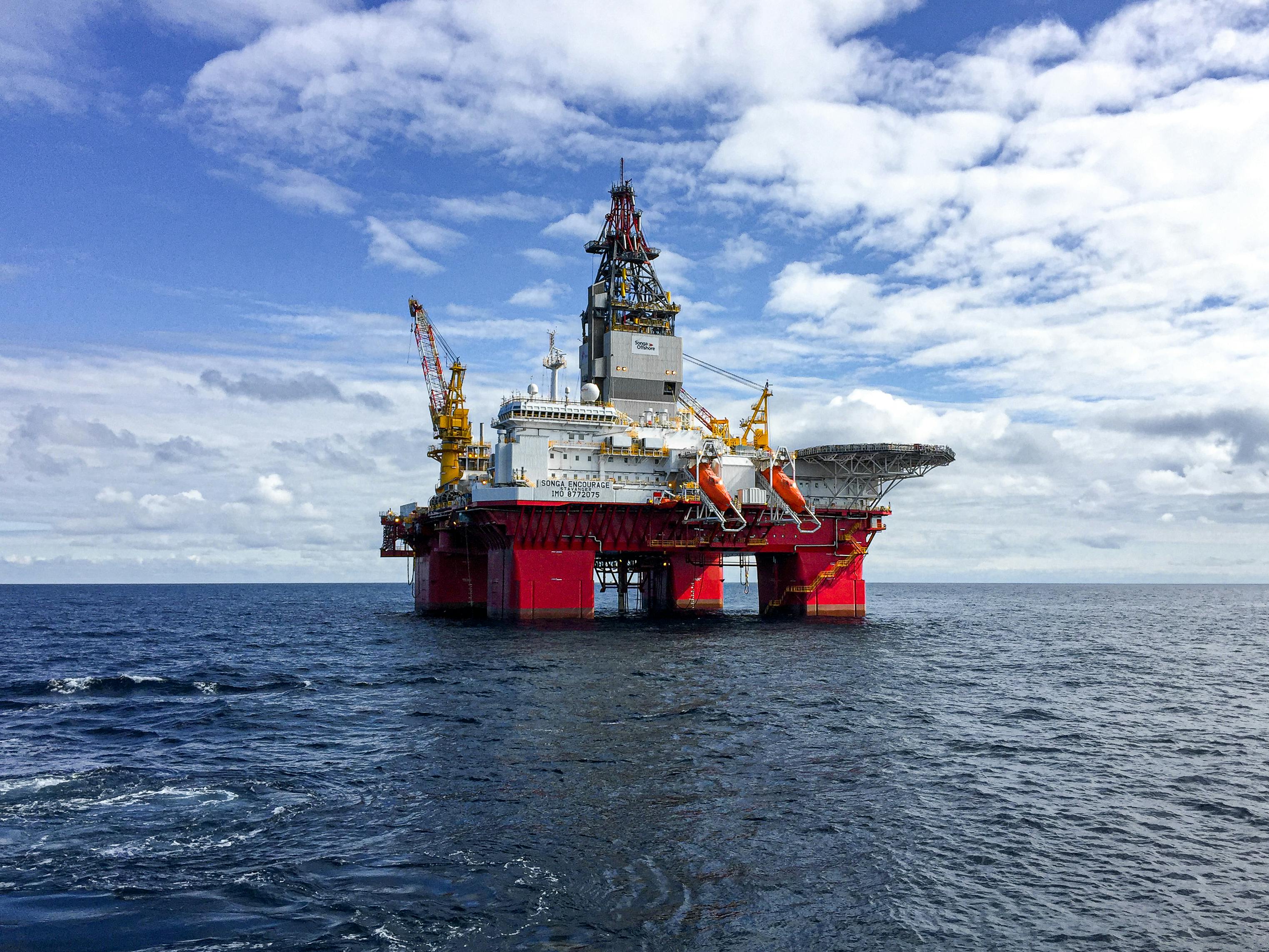
Africa’s 2025 E&P Licensing Wave: Oil vs Gas, Risks, Opportunities and What to Expect
Africa is entering one of its busiest upstream licensing cycles in over a decade. From Nigeria to Angola, Mozambique to Libya, 2025 is shaping up to be a defining year for exploration bidding, field redevelopment, and gas-to-market strategies. But unlike previous cycles dominated by frontier wildcats, this year’s activity carries a more nuanced strategic structure: oil vs gas positioning, a clearer distinction between risk classes, and a sharper global competition for capital.
This blog explores how Africa’s 2025 licensing rounds compare, which countries offer which molecules, and what independents, majors and EPC players can realistically expect.
1. Oil vs Gas: Africa’s Evolving Resource Map
Nigeria – Gas-Rich, Short-Cycle Assets
Nigeria’s December 1 licensing round is one of the most clearly gas-focused offerings in Africa. The emphasis on Discovered but Undeveloped Fields (DUFs) reflects a pragmatic shift, characterized by lower geological risk, faster time-to-market, and alignment with Nigeria’s domestic gas ambitions.
For investors, Nigeria offers the continent’s strongest gas monetisation story, supported by:
- Power shortages
- Growing industrial gas demand
- Under-utilised LNG capacity
- A more flexible fiscal environment under the Petroleum Industry Act (PIA)
Angola – Liquids-Led Deepwater Competitiveness
Angola continues to offer oil-weighted offshore blocks in the Kwanza and Benguela basins. Here, the advantage is clear: technical maturity, established operators, strong FPSO infrastructure, and world-class geology.
Majors prefer Angola because:
- Security risk is contained offshore
- Recovery factors are strong
- Deepwater economics remain competitive at $55–65/bbl breakevens
- ANPG has improved transparency and licensing processes
Mozambique – LNG-Linked Gas Potential
Mozambique’s offerings remain tilted toward large-scale gas, potentially feeding future LNG expansions. However, this is a long-cycle opportunity—ideal for majors and NOCs with deep pockets, long horizons, and LNG integration capability.
Senegal/Mauritania – Emerging Gas Basin in Transition
The MSGBC basin continues to offer gas-led acreage around the GTA (Greater Tortue Ahmeyim) hub. This basin appeals to mid-sized E&Ps and independents capable of partnering with majors for near-field extensions.
Libya – Oil + Gas Frontier Opportunities (High Risk, High Reward)
Libya’s first licensing round in 18 years brings both oil and gas prospects—many with strong subsurface potential but very high above-ground risk. This is a “bold capital” play that fits frontier exploration portfolios.
2. Risk Landscape: Africa is Not One Market
Security Risk
- High: Nigeria onshore/offshore shallow water, Libya
- Moderate: Mozambique (North)
- Low: Angola deepwater, Senegal/Mauritania offshore
Regulatory Confidence
- High: Angola, Senegal/Mauritania
- Medium: Mozambique, Nigeria
- Low: Libya
Infrastructure Readiness
- Mature: Angola
- Mid-range: Nigeria (gas evacuation still a bottleneck)
- Emerging: Mozambique (LNG-dependent)
- Weak: Frontier basins without pipelines or processing plants
3. Who Should Be Looking Where? (By Investor Type)
Independents
Best suited for:
- Nigeria’s DUFs
- Senegal’s near-field gas
- Lesser-contested shallow-water blocks in West Africa
Why? Lower entry cost, shorter-cycle monetisation, and room for creative financing structures.
Large E&P Companies / Majors
Best suited for:
- Angola’s deepwater oil
- Mozambique’s LNG-linked gas
- Frontier Libya assets with multi-billion barrel potential
Majors will continue prioritising large, scalable accumulations and basin-defining opportunities.
EPC, Oilfield Services & Midstream Players
Africa’s 2025 activity is a major boost for services:
- Subsea EPC (Angola, Mauritania)
- Gas processing, compression & pipelines (Nigeria, Senegal)
- LNG pre-FEED & EPC packages (Mozambique)
- Brownfield mods, maintenance & debottlenecking (across Africa)
4. Competition: Africa vs Africa and Africa vs the World
Africa isn’t just competing internally. It’s competing against:
- Brazil’s pre-salt
- Guyana/Suriname
- US Gulf of Mexico
- Middle East NOCs offering ultra-low breakevens
Capital is mobile and disciplined. African rounds must offer either (a) superior geology, (b) better fiscal terms, or (c) faster turnaround to stay attractive.
5. Expectations for 2025–2026
Oil: Expect stronger bidding in Angola and Libyan offshore blocks (once security is clearer).
Gas: Nigeria, Mozambique, Senegal and Mauritania will dominate gas monetisation stories.
Investment Discipline
Investors would favour: (a) tie-back potential (b) near-market gas (c) deepwater liquids with stable FPSO solutions (d) regulatory clarity over sheer resource size
Conclusion
2025 is Africa’s most competitive licensing year in over a decade. The continents’ offerings span short-cycle gas, deepwater oil, LNG-scale gas, and frontier high-impact acreage. The winners - whether countries or companies - will be those who understand the nuances of risk-adjusted returns, infrastructure readiness, and molecule value chains.
Africa is open for business. But capital will go where geology, regulation, and execution converge.
Need clarity on where to play and how to win in Africa’s 2025 licensing landscape?
EnergyStrat helps investors, E&Ps, and EPCs navigate risk, molecules, and markets with a data-backed strategy.
Reach out for a customised opportunity brief. Contact support@energystrat.consulting
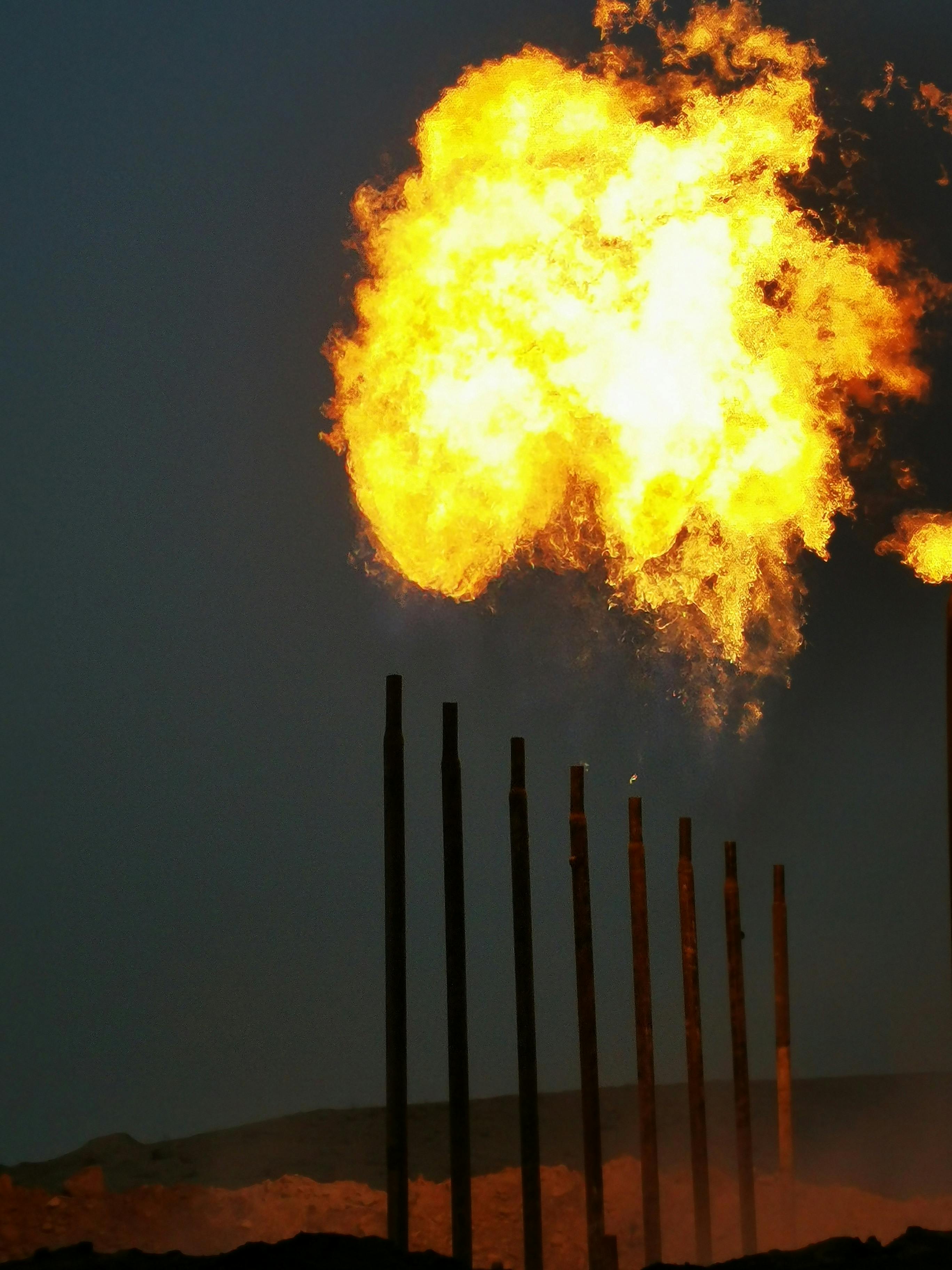
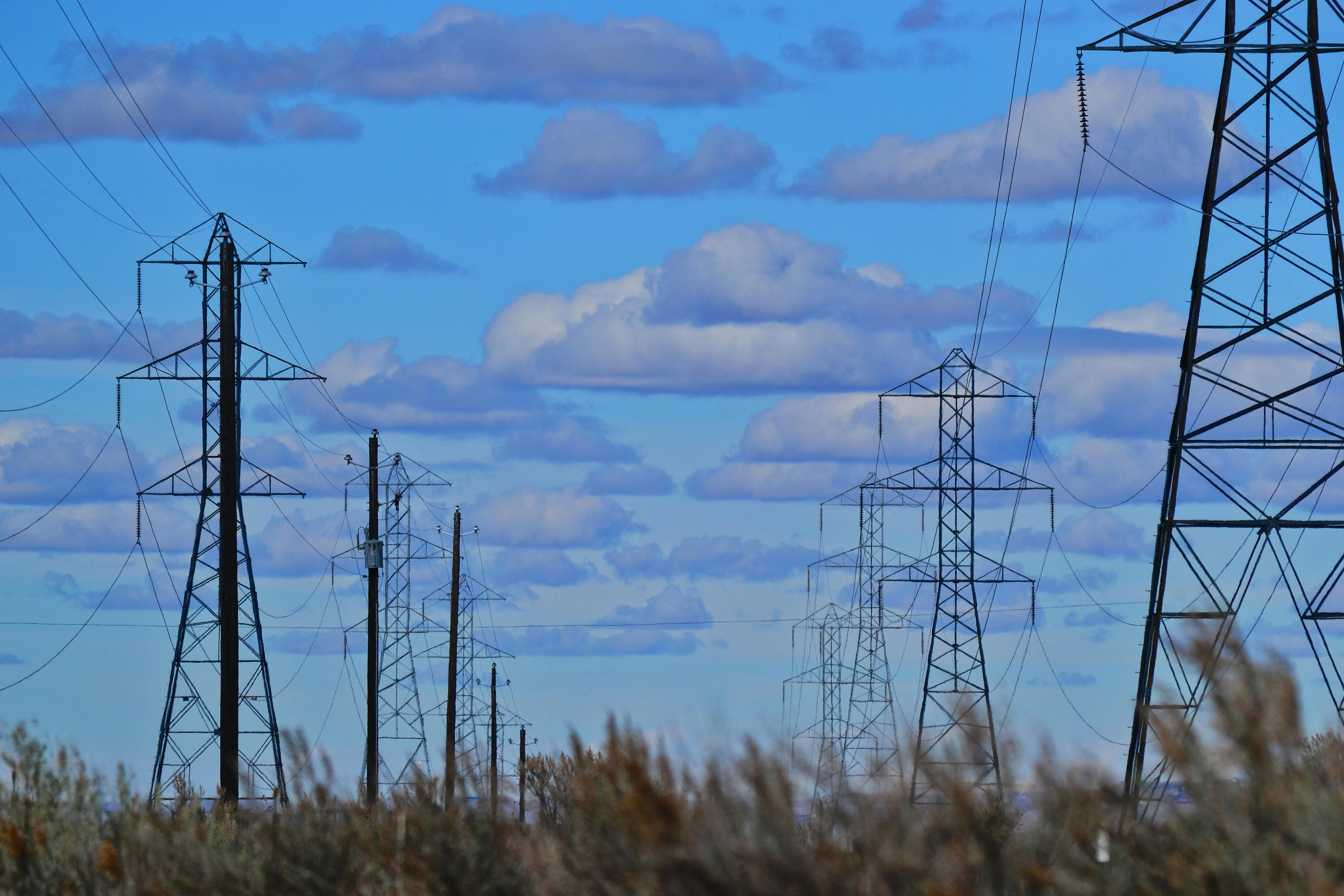
.jpg)
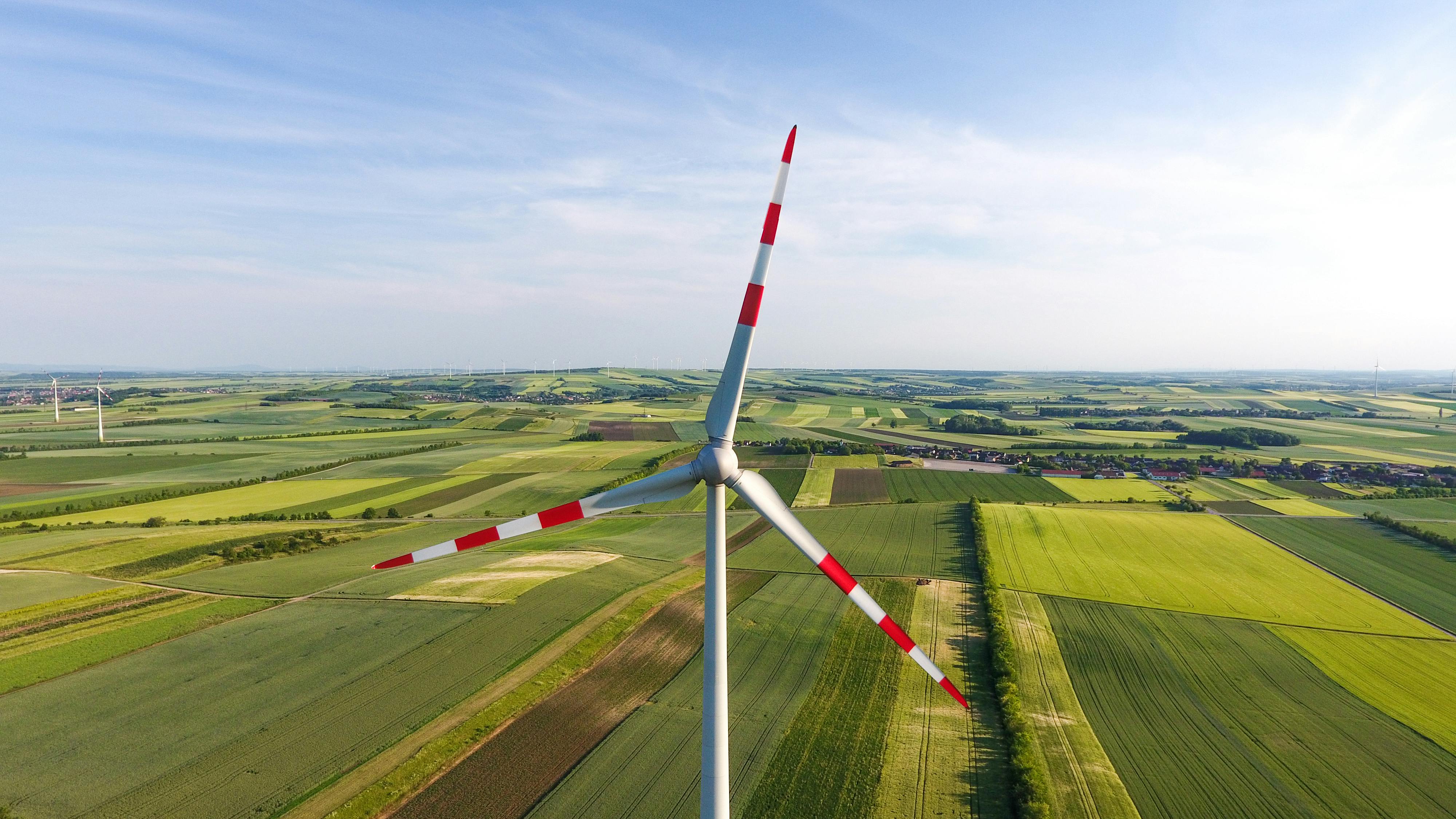

.jpg)
